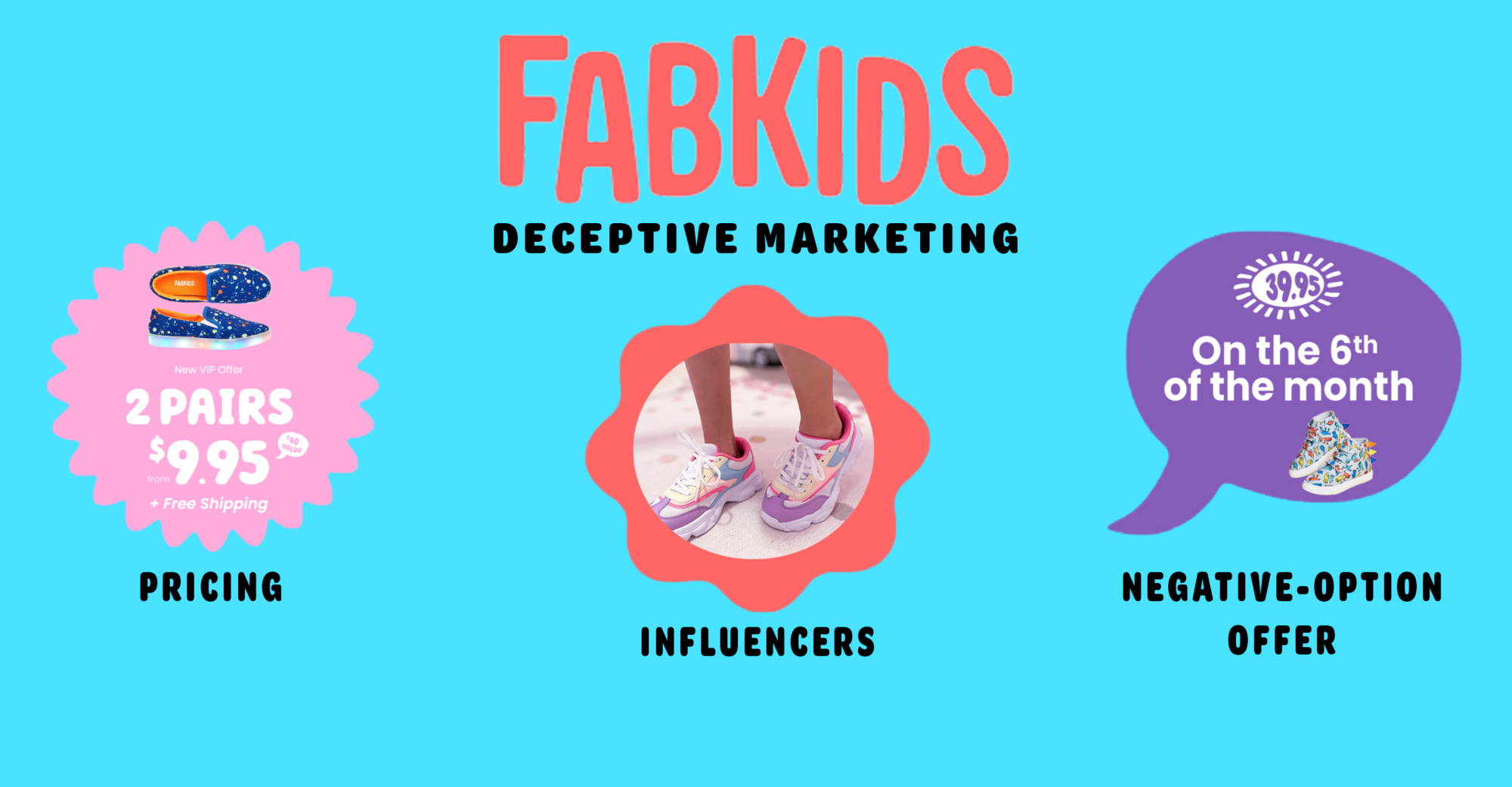
TINA’s Take: FTC Puts For-Profit Higher Education Institutions on Notice
A disproportionate number of students that have defaulted on their students loans attended for-profit colleges.
Low-cost trial offer for teeth whiteners carried a high price.
WHAT’S UP
A federal court in Nevada has temporarily halted an online marketing scheme that trafficked in low-cost trial offers for teeth-whitening products. The coffee-stained incisor at the center of the alleged scam: an auto-shipment program that hit consumers with recurring monthly charges that wasn’t adequately disclosed to shoppers (also known as a violation of the Restore Online Shoppers’ Confidence Act or ROSCA).
HOW WE GOT HERE
The court’s decision comes at the request of the FTC, which alleges in its complaint that a network of 78 interrelated companies with 87 sites joined together in a scheme to trick consumers into handing over their credit card information in exchange for a trial offer for which they were told they’d only be charged $1.03, plus shipping and handling. Eight to 10 days after obtaining consumers’ billing information, the operators began charging them up to $200 a month as members of a First Class Whitening Club, even if consumers did not realize they had signed up for membership at the prestigious-sounding club or had yet to receive the trial offer, the FTC alleges.
THE MARKETING PITCH IN QUESTION
One way the operation drove traffic to trial-offer sites was via emails that invited consumers to fill out “customer satisfaction surveys” for trusted merchants such as Kohl’s and Amazon, even though the questionnaires had zero affiliation with the retailers. As a “reward” for completing the survey, consumers were presented with trial offers for teeth-whitening products on sites such as whiteningcoach.com, firstclasswhitening.com and titanwhite.com. After consumers signed up for a brighter smile, the FTC alleges that the operation then doubled down on the deception by upselling a confusing second trial offer during the checkout process. The agency has a neat graphic that outlines how it all went down.
WHAT’S NEXT
As the FTC seeks to put a permanent end to the operators’ deceptive practices and obtain restitution for consumers, it’s worth noting that these types of thorny trial offers are nothing new. The internet is awash with them. Even if you’ve been living under a rock, if there’s Wi-Fi under that rock, you’ve probably been the target of one, two, or several such scams. That’s why it’s crucial that consumers take the time to review a site’s terms and conditions before signing up, and ask themselves whether a trial-sized pack of teeth-whitening pens or whatever is worth the risk of getting charged into oblivion down the road.
Find more of our coverage on ROSCA here.
A disproportionate number of students that have defaulted on their students loans attended for-profit colleges.
Online retailer deceptively advertises members-only prices, TINA.org investigation finds.
Instagram stories used filters that ASA said misleadingly exaggerated results tanning products could achieve.


